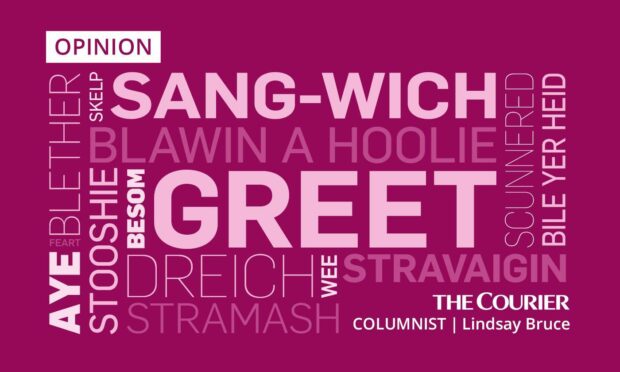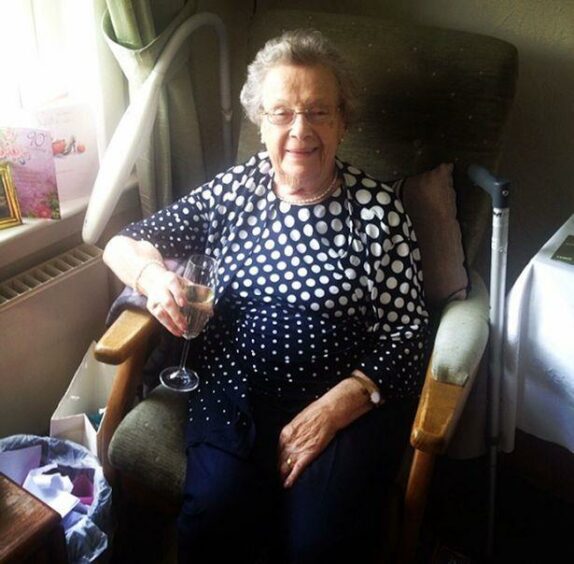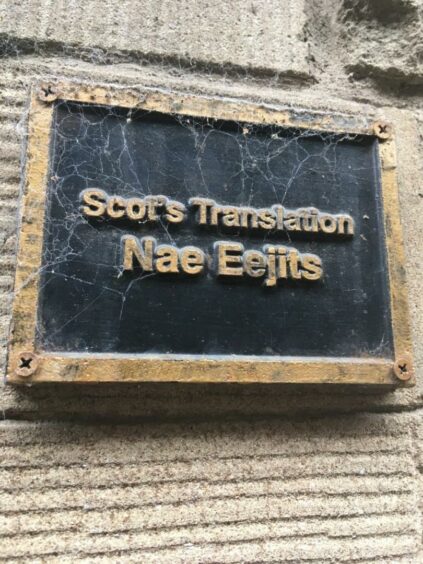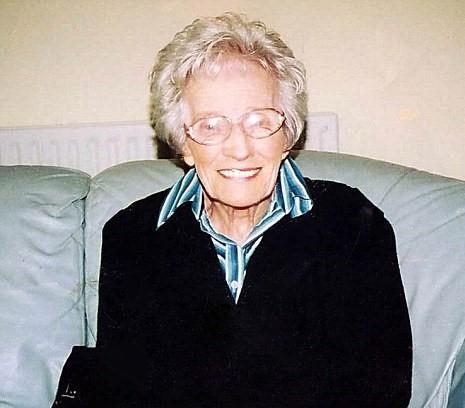Peely-wally, oh how I’ve missed you.
After 20 years south of the border I’m finally a resident of Scotland again and I was woefully unprepared for the boorie of emotions I’d experience hearing the weel kent expressions of my childhood.
Like this week, a friend looked her (knackered and white as a sheet) child up and down before declaring them peely-wally.
‘Pale’ or ‘a bit tired looking’ would have done. But neither hold quite the same descriptive power as a good old peely-wally.
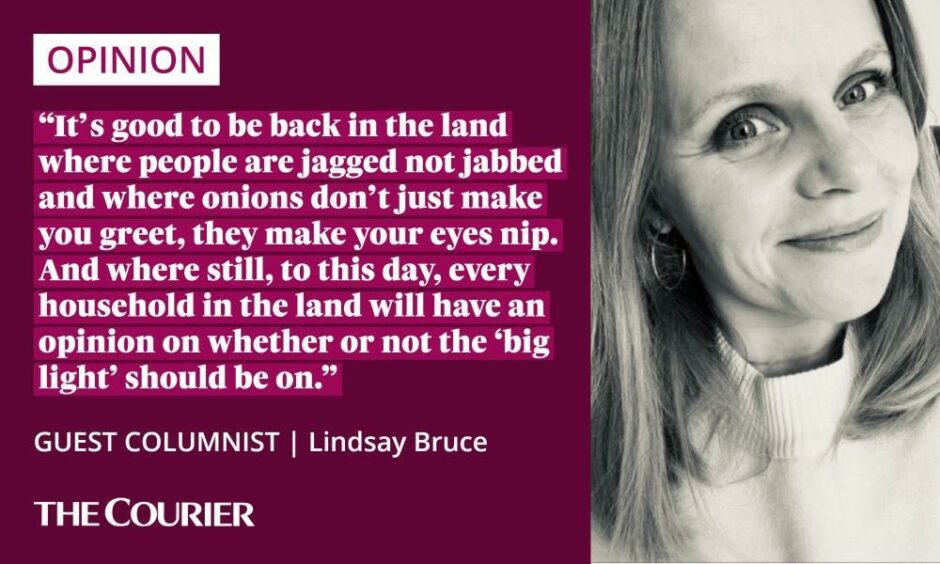
It’s like a lingual gift passed down through the generations.
I mean, are you even loved if you haven’t been awarded the Scots’ for sickly looking?
I’m quite certain If ever I went missing as a child that’s how my granny would have described me to the polis.
Words, phrases and how we pronounce them trigger emotions.
In the same way chip-shop fare always takes me back to over-chlorinated Friday nights at Motherwell baths, followed by contraband vinegary fritters with my Papa, familiar expressions in the Scots language can transport me to the past.
Some Scots language should carry a health warning
For example, between school and starting my journalism career I worked in a pharmacy.
There I learned the Scots language and its unique way of saying just about everything is never more evident than when we buy medicine.
Like lozengers. There’s no ‘r’ people.
Similarly we contract ibuprofen to the very futuristic sounding ‘I-Brufen’.
And while ‘a cough bottle’ will always have a place in my heart, customers asking for ‘sun tan cream’ is immortalised for me.
We, with our pale skin and vitamin D deficiencies don’t need sunblock or sunscreen. Oh no, we’re after a tan and this here cream is the concoction to get us it.
To hear ourselves as others hear us
Living in England with my thick Lanarkshire accent wasn’t uncomplicated.
I once asked a question at a conference and the Australian speaker repeatedly told a room of hundreds he couldn’t understand me.
It took years for me to raise my voice in such a forum again.
I find myself grateful to people like Kevin Bridges and a resurgence in Proclaimers-fandom that’s helped attune the ears of my English colleagues to my Harthill dialect.
And I’m now in a place, geographically and otherwise, where I’m not just proud to inject more of where I’m from into my conversation and writing, I’m proactive.
Because sometimes only the Scots language – or even its regional variation – will do.
You can’t tell me being dirty, fed-up and silenced all occurring on a miserable day doesn’t sound majestically more accurate by injecting a mockit, scunnered, wheesht and dreich into the equation.
Ayes and wees
Or what about the multi-faceted use of ‘aye.’
Use it for ‘yes’: ‘a coffee? Aye.’
For ‘hello’: ‘aye aye *lifts head, raises eyebrows.*
Even for ‘are you sure the account you’ve just given me is even remotely connected to the truth?’: ‘did ye, aye?’
Similarly – what about the deep seated nuance of our most coined little word, wee?
Sweet and disarming when used in relation to a person: ‘he’s just a wee boy, leave him alone.’
Or the accepted etiquette for not wanting something but taking it anyway: ‘och, okay, just a wee one then.’
But powerfully it can also be used with a much more sinister undertone: ‘excuse me hen, can I have a wee word?’
No’ forgetting the passive aggressive: ‘have you got a wee minute?.’
A tale of two grannies
Whenever I hear ‘sang-wich’ I think of my wee Gran putting on her elocution lesson lilt.
This is the same wuman who made me read The Sair Finger by Walter Wingate like Hyacinth Bucket for fear I’d never amount to anything if I stuck to the Scots.
She had no problem reverting back to the more common ‘ya cheeky wee besom’, when I refused.
My other gran had no such worries about speaking ‘properly’.
If I wasn’t ‘frichtin’ her ‘oot ae a year’s growth’ I was being blethered to about some stramash or stooshie, or some wife stravaigan ‘all over the shop’.
These classic Agnes lines invariably occurred between ‘it’s blowing a hoolie – whit a rare day fur a wah-shin’ and my brother being directed to go ‘away an’ bile yer heid’.
It’s good to be back in the land where people are jagged not jabbed and where onions don’t just make you greet, they make your eyes nip.
Where we routinely use outwith and even although.
And where still, to this day, every household in the land will have an opinion on whether or not the ‘big light’ should be on – usually with a reference to the Blackpool illuminations.
Pride in place and the Scots language that shaped me
As daft as these examples might sound, I’m proud of where I come from and the words I was raised on.
At my wedding my Papa acted as master of ceremonies.
He wowed with his jokes and he shared his favourite Robert Burns poem. Thankfully I still have it on a well-worn DVD.
But when I asked him as a child why it was so important to him that I memorise Burns’ words, he simply replied with a line from one of the Bard’s poems.
“A prince can mak a belted knight, A marquis, duke, an’ a’ that;
But an honest man’s aboon his might, Guid faith he mauna fa’ that!
For a’ that, an’ a’ that, Their dignities, an’ a’ that,
The pith o’ sense, an’ pride o’ worth, Are higher rank than a’ that.”
It’s why I’m proud to be an honest version of myself, regional dialect, slang words, the lot.
Lindsay Bruce is an obituaries writer for The Courier. She tweets at @LLBruce
